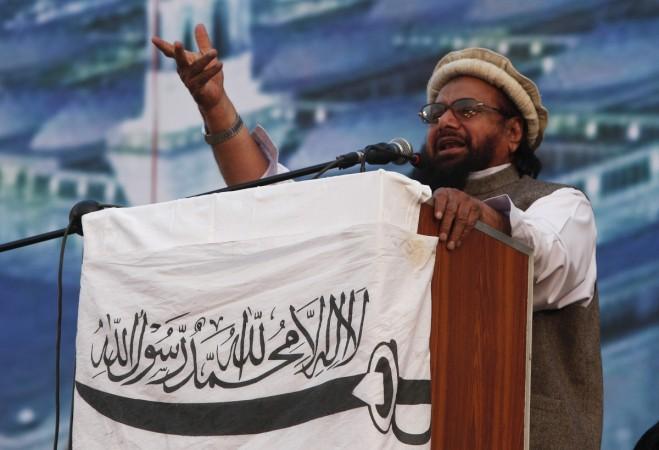
A couple of days after Lashkar-e-Taiba (LeT) founder and Jamaat-ud-Dawa (JuD) chief Hafiz Saeed was put under house arrest along with a few others, Pakistan put him on its Exit Control List (ECL), meaning he cannot leave the country under any circumstance now. Meanwhile, a section of the Pakistani media claimed that the crackdown on him and the JuD had been prompted by prodding from China and not the US, as had been believed so far.
Also read: 26/11 attack 8th anniversary: Justice continues to elude victims as Pakistan drags its feet
Action on Hafiz Saeed
Pakistan had on Monday night put Hafiz Saeed — who India has long claimed masterminded the 2008 Mumbai terror attacks [better known as the 26/11 terror attacks] that led to more than 160 deaths — under house arrest along with a few others.
After India said it needed more concrete action on Saeed, Pakistan Army spokesperson Major General Asif Ghafoor said at a press conference in Rawalpindi: "The detention [of Hafiz Saeed] is a policy decision taken in the national interest by the state. The relevant department may give more information in a day or two and the situation will become clearer."
There was also talk of an FIR being filed against Saeed even before he was put on the no-fly list. However, despite the many dossiers and tons of evidence provided by India on the LeT founder, a Pakistan interior ministry spokesperson said the proof India had given was not enough, and that it needed evidence that would be "sustainable in the court of law in Pakistan or for that matter, anywhere in the world."
Action at the behest of China?
Meanwhile, an opinion piece in Pakistani publication Dawn claimed that Saeed had been put under house arrest after China insisted on it, and that the action had nothing to do with the United States. This, despite speculation that Pakistan had acted after the threat of being clubbed with the countries that are on the US' travel-ban list, and Saeed himself claiming in a video that he had been restrained due to the proximity between US President Donald Trump and Indian Prime Minister Narendra Modi.
However, according to the opinion piece in Dawn, Pakistan has acted on Saeed at China's behest: "The last thing China wants as it pushes forward with CPEC [China–Pakistan Economic Corridor] is an India-Pakistan relationship on tenterhooks — not to mention on a war footing, as was the case for several weeks last year." It speculates that tensions between India and Pakistan would be detrimental to the progress of the CPEC.









!['Had denied Housefull franchise as they wanted me to wear a bikini': Tia Bajpai on turning down bold scripts [Exclusive]](https://data1.ibtimes.co.in/en/full/806605/had-denied-housefull-franchise-they-wanted-me-wear-bikini-tia-bajpai-turning-down-bold.png?w=220&h=138)



